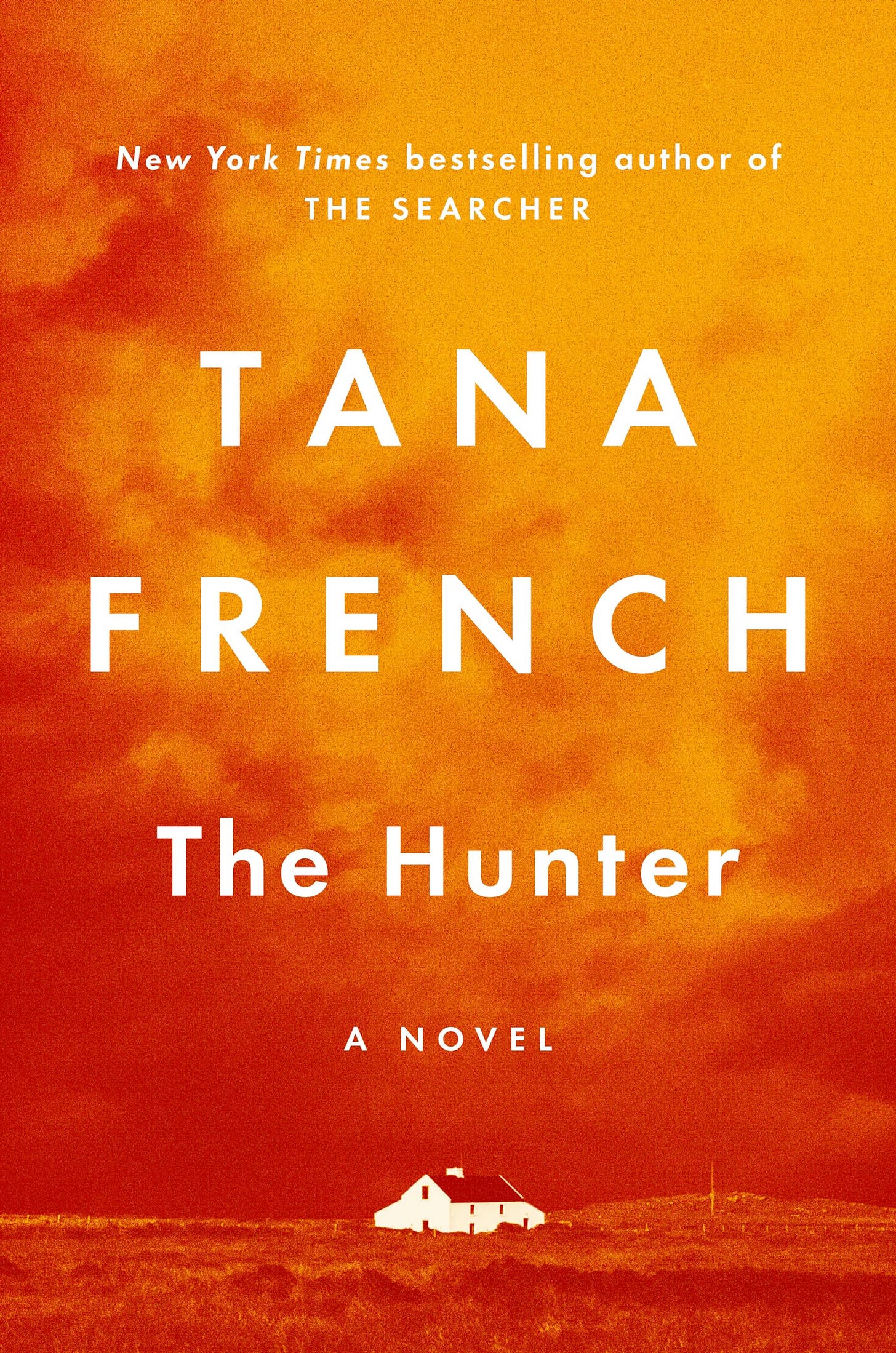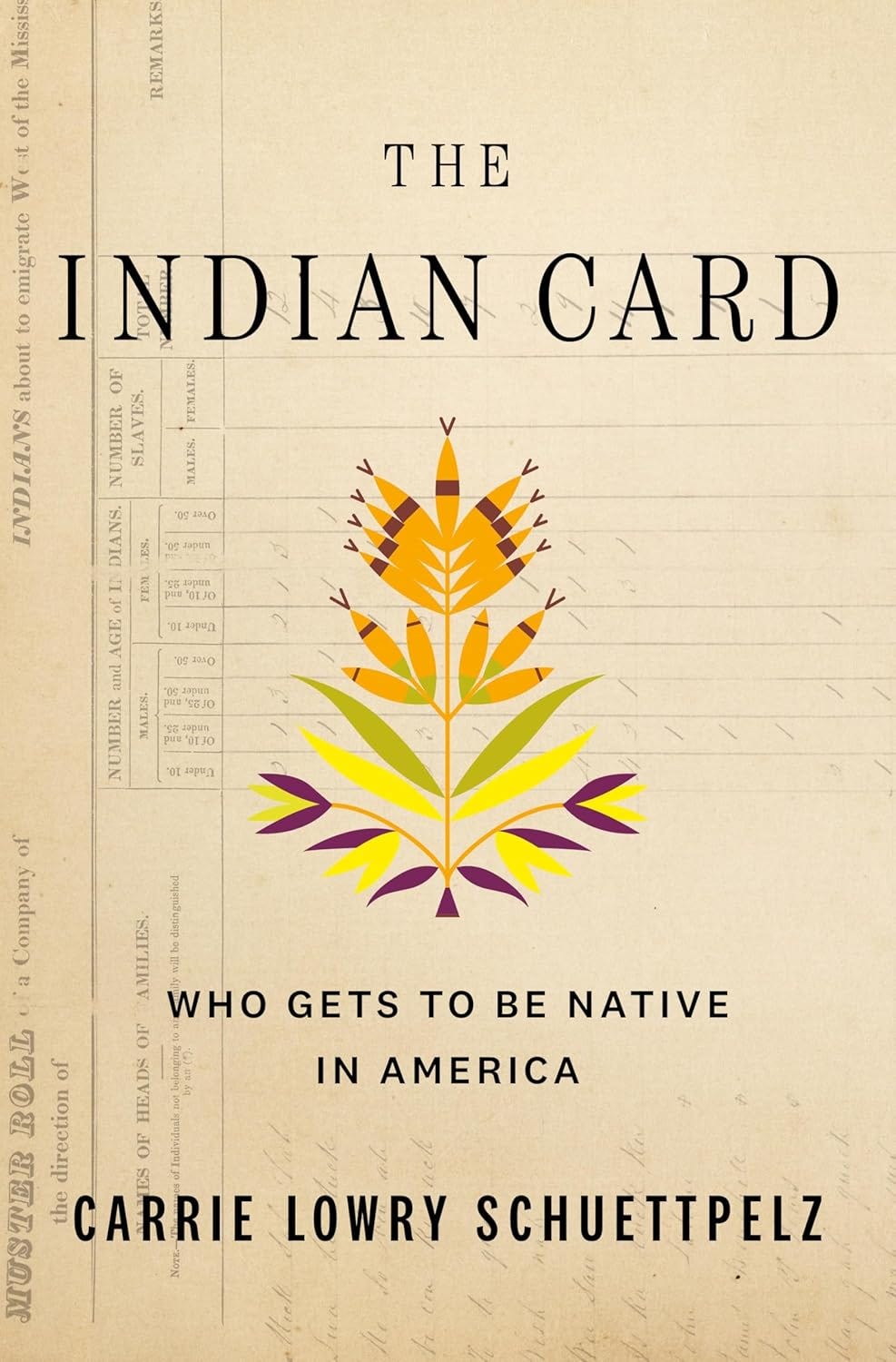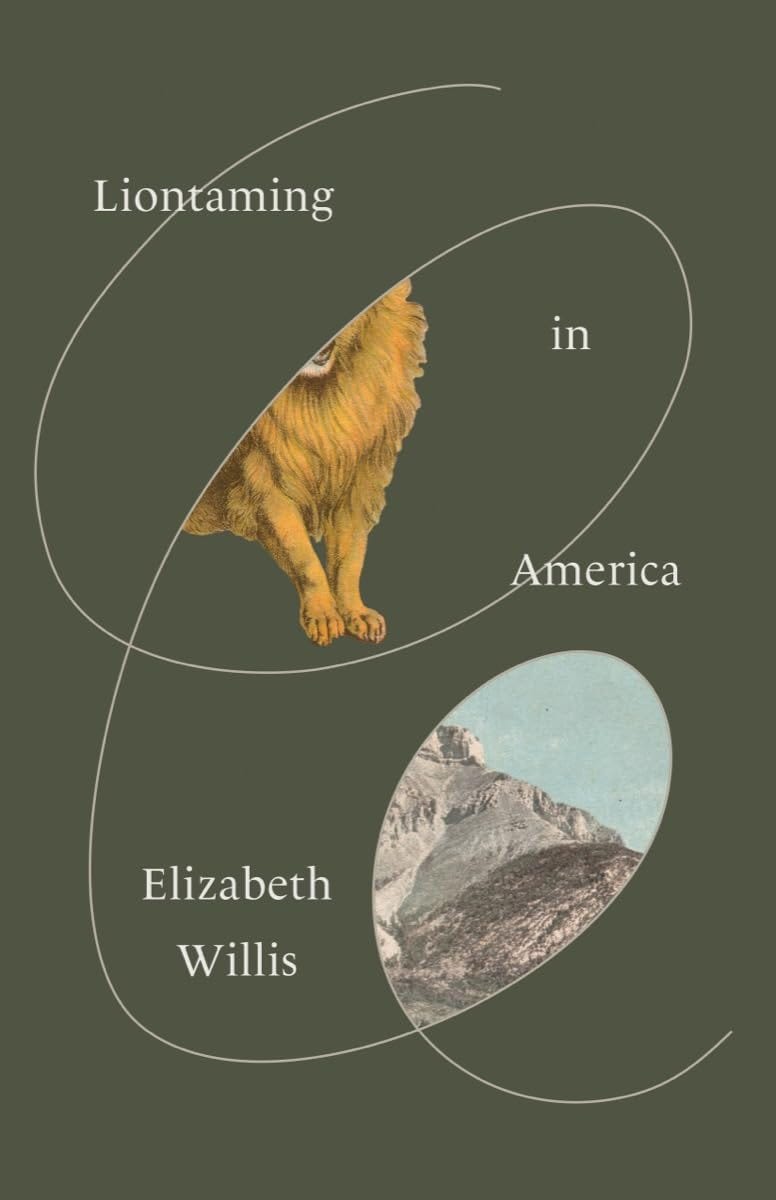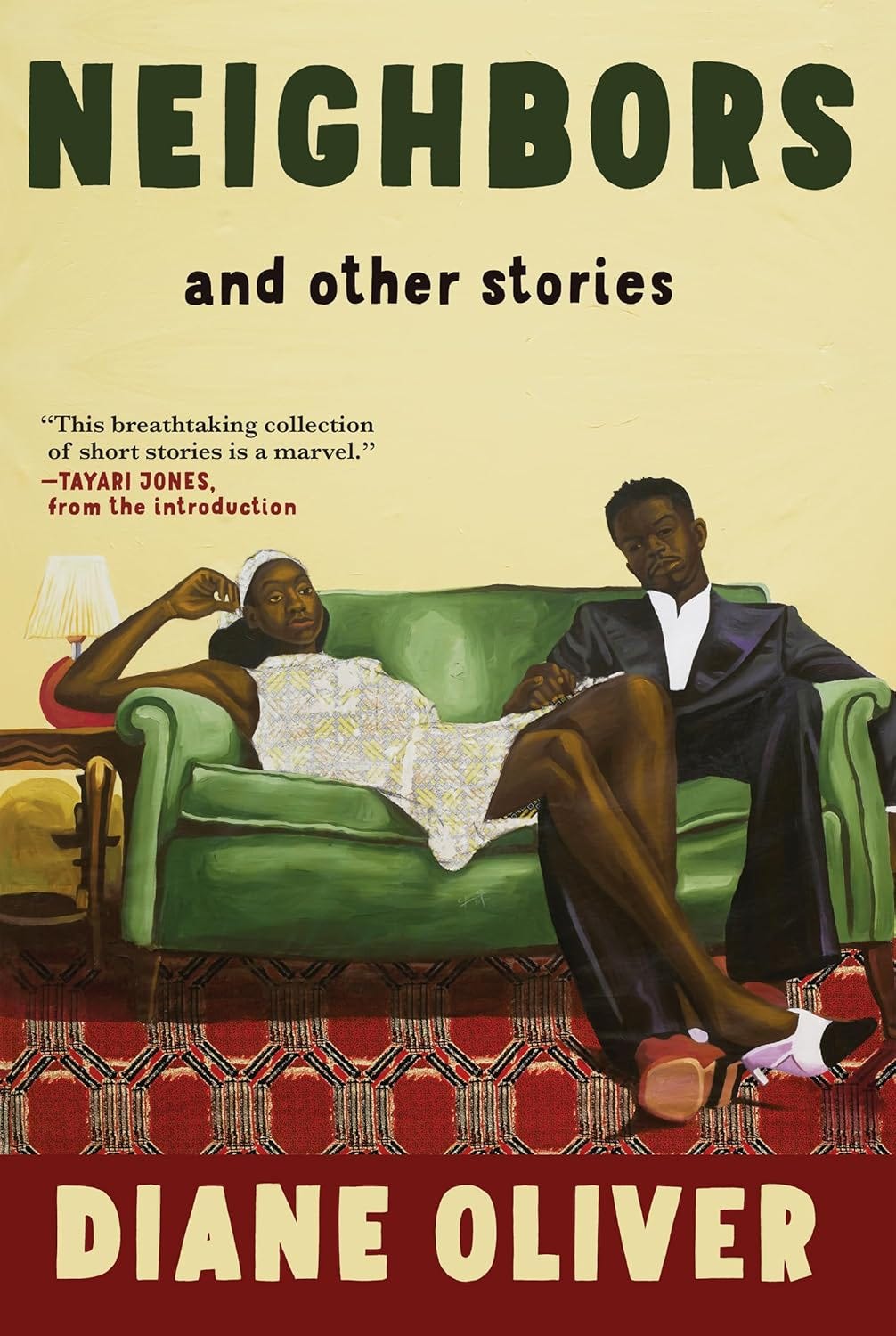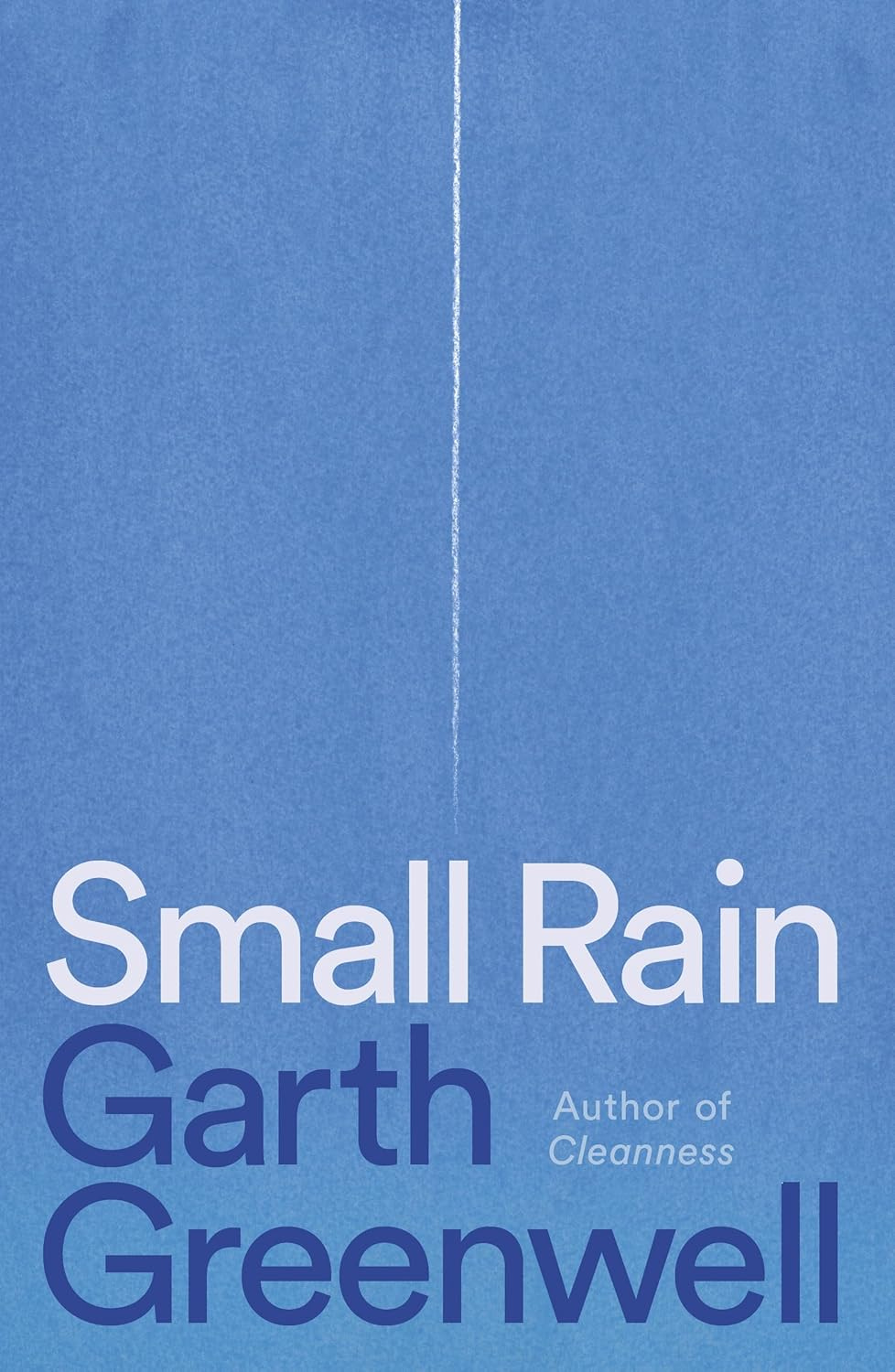Favorite books of 2024
My favorite books from among the tiny sliver I was able to read during a busy year.
When looking at my lists of books read — yes, lists; I keep a separate poetry list for some reason — I usually find I have read around 100 books in a year. This year I was a bit off of that pace. Sometimes life gets in the way of reading. That means the ratio of books published to the books I read is even more out of whack than usual. As with my music list, I don't pretend this is the best of anything other than that tiny fraction of new books I read in 2024.
Most of this is fiction, because that is most of what I read. This year I read 69 books that weren’t poetry, and of thost, only 20 were nonfiction. When you strip out books about music or musicians, titles read in preparation for the Iowa City Book Festival, or books read for a book club, you’re left with two nonfiction titles I actually chose to read on my own (and one of those was something loaned to me by someone who thought I would like it (and I do) while the other is an author’s memoir). It’s safe to say I’m team fiction all the way.
Offered in alphabetical order by title, as it seems silly to rank them.
The Devil Raises His Own — Scott Phillips
Scott Phillips made his name with the neo-noir classic The Ice Harvest from 2000, but he has made much of his career by checking in on the exploits of Bill Ogden about every decade or so. He started with Ogden in Cottonwood, where we met the 1870s Kansas farmer turned saloon keeper. He followed that with Hop Alley, by which time Bill is a Denver-based photographer. Now, we join Bill in 1916 San Francisco, where he has continued his photography career and brought his granddaughter into the fold. That boilerplate description does not do justice to the madcap, intricately plotted, and profane tales that Phillips tells. Disparate threads featuring colorful characters weave together in this exceptionally entertaining novel.
Headshot — Rita Bullwinkel
A deceptively slight book about young female boxers that, God help me, really does pack a punch. Eight teen-aged boxers compete in a tournament. That's it. But in each fight, the rich internal life of the girls looking to pummel one another sends the story in unexpected directions. The action in the ring is tense, but it is secondary to the interpersonal relationships at play and the motivations for each boxer to put her health in peril by stepping through the ropes. What at first seems like a way to get around the sometimes repetitive recounting of round after round of a bout becomes a way to make these characters matter. It is an audacious debut.
The Horse — Willy Vlautin
I listened to Willy Vlautin before I read him. I went through a deep alt-country phase, and Vlautin’s Richmond Fontaine was among the more heralded acts in the genre. His songs were always what would be described as “novelistic,” so when he shifted into writing, I took notice. His first three novels were good, the next three even better, and 2021’s The Night Always Comes was a favorite. Still, I always saw him as a musician who also wrote books. Oddly enough, with The Horse, which tells of an aging musician attempting to navigate a solitary life in rural Nevada, I’m starting to think of Vlautin as a novelist who also plays music. Perhaps it is his ability to more fully inhabit his protagonist, but this feels like everything in Vlautin’s career was leading to this book. His prose style is spare but full of pertinent details. The portions that deal directly with music ring true in a way that seems so elusive to even the best writers. And that old musician, Al Ward, feels real and lived in.
The Hunter — Tana French
Yes, it's odd to drop the second book in a genre series onto a list like this, but that just shows that this book — though I hate the term — transcends genre. We met Cal Hooper in French's previous novel, The Searcher. There, the retired Chicago cop transplanted to rural Ireland is a typical fish out of water helping to find a missing local. Here, the relationships forged in that case are brought to bear on a tense story that delves into the secrets of a small community and the demons that haunt so many. That tension is unspooled at a slow pace, giving it a real feel. French's characters are fully fleshed out, and I hope she continues to check in on them from time to time.
The Indian Card — Carrie Schuettpelz
This is what I wish every topical book interwoven with memoir could be. Schuettpelz, a University of Iowa professor, explores the notion of Native American identity, researching the policies and traditions of American tribes to answer the question, "Who gets to be Native in America?" Schuettpelz, an enrolled member of the Lumbee Tribe in North Carolina, begins with her own story and quickly expands through archival searches and interviews to discover who can and can't call themselves Native American and why. What could be dry and academic is instead lively and vibrant as Schuettpelz deftly weaves her own story into this larger tale. At a time when identity is both fluid and contentious, it's a fascinating look at an under-investigated question.
Liontaming in America — Elizabeth Willis
From the opening poem, “The End,” which grabbed me with lines like —
Where, in what shadow of a
footprint, did greed start to
sound like the whisper of your
special god?
— I was hooked on this majestic, sweeping story of Mormonism in America told in verse and prose poems. It touches on family history, feminism, film making, and the vast tapestry of American history. “I’m not speaking for you, I’m speaking to you, America,” she writes in that opening poem, and we would do well to listen.
Martyr! — Kaveh Akbar
I know I said I wasn't going to rank things, but push comes to shove, Martyr! was the best thing I read this year. I went to a reading by Akbar earlier this year with no expectations. I left eager to read the book because the passage he read was hilarious and touching. The book lived up to that advance billing and more. I don't want to talk too much about the plot for fear of giving too much away. You ought to read this, pure and simple. In brief, Cyrus Shams was born in Iran. His mother was killed when a plane was shot down over the Persian Gulf. He and his father came to America, where he grows into a drunk, drug-addicted poet who is obsessed with martyrs. It is hilarious and heart-wrenching, sometimes from one paragraph to the next.
Neighbors — Diane Oliver
This posthumous collection from an Iowa Writers' Workshop graduate shows how much was lost because of her untimely death. Oliver died in a motorcycle accident just days before graduating from the Iowa Writers' Workshop in 1966. She left behind a handful of short stories, four published during her life, two published posthumously and the final eight collected with the previous six in this collection. The North Carolina native was young, but her writing seems fully formed. These stories of family dynamics and the ways race — overtly and not — affected everything are sophisticated and nuanced. It is a shame to not have more, but it is a gift to at least have this.
Small Rain — Garth Greenwell
Garth Greenwell writes some of the most beautiful sentences I have ever read. In Small Rain, he sets himself the task of telling the story of a character confined to a hospital bed for nearly the entire novel. He succeeded, the elegantly immersive prose is both as satisfying as his two previous novels and also a welcome departure. This short novel tells of a poet dealing with a life-threatening medical situation during the pandemic, and while it is grounded in Greenwell's own life, it also transcends that foundation to become something more universal. Greenwell’s tale brightens the corners of his unnamed narrator’s expansive mind, taking the reader on a journey far beyond the boundaries of that room.
Smoke Kings — Jahmal Mayfield
This was on my radar three months before it was published thanks to continued advocacy by Don Winslow. It did not disappoint. Smoke Kings is an audacious crime novel. Nate Evers, a young Black political activist, isn’t content to protest violence against his people. Instead, he tracks down descendants of those who committed long-ago hate crimes, and seeks vengeance. Think Percival Everett’s The Trees with more suspense and unintended consequences. Mayfield doesn’t make it easy for the reader to know who to root for, and that complexity makes for a disturbing, vibrant novel.








